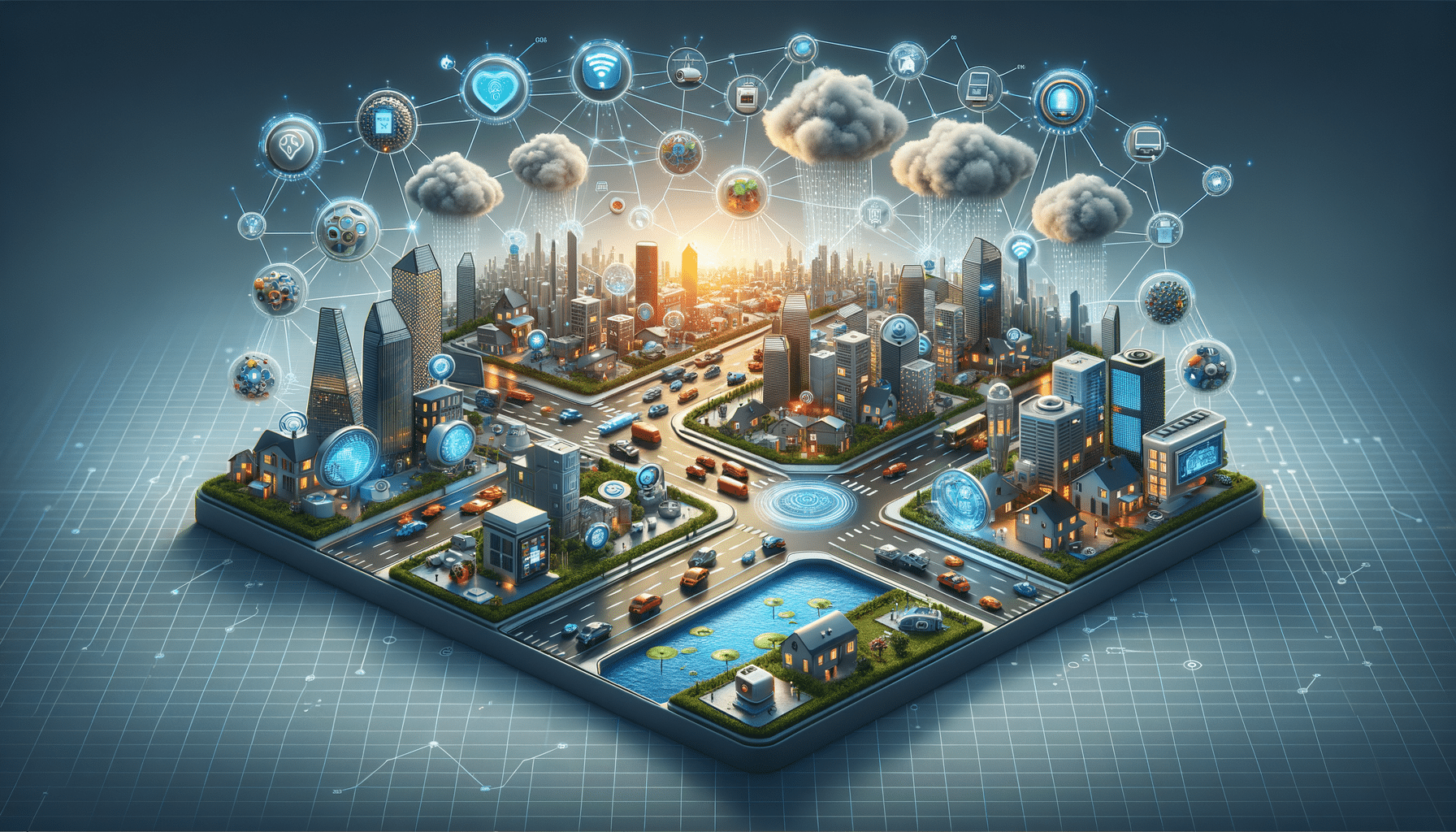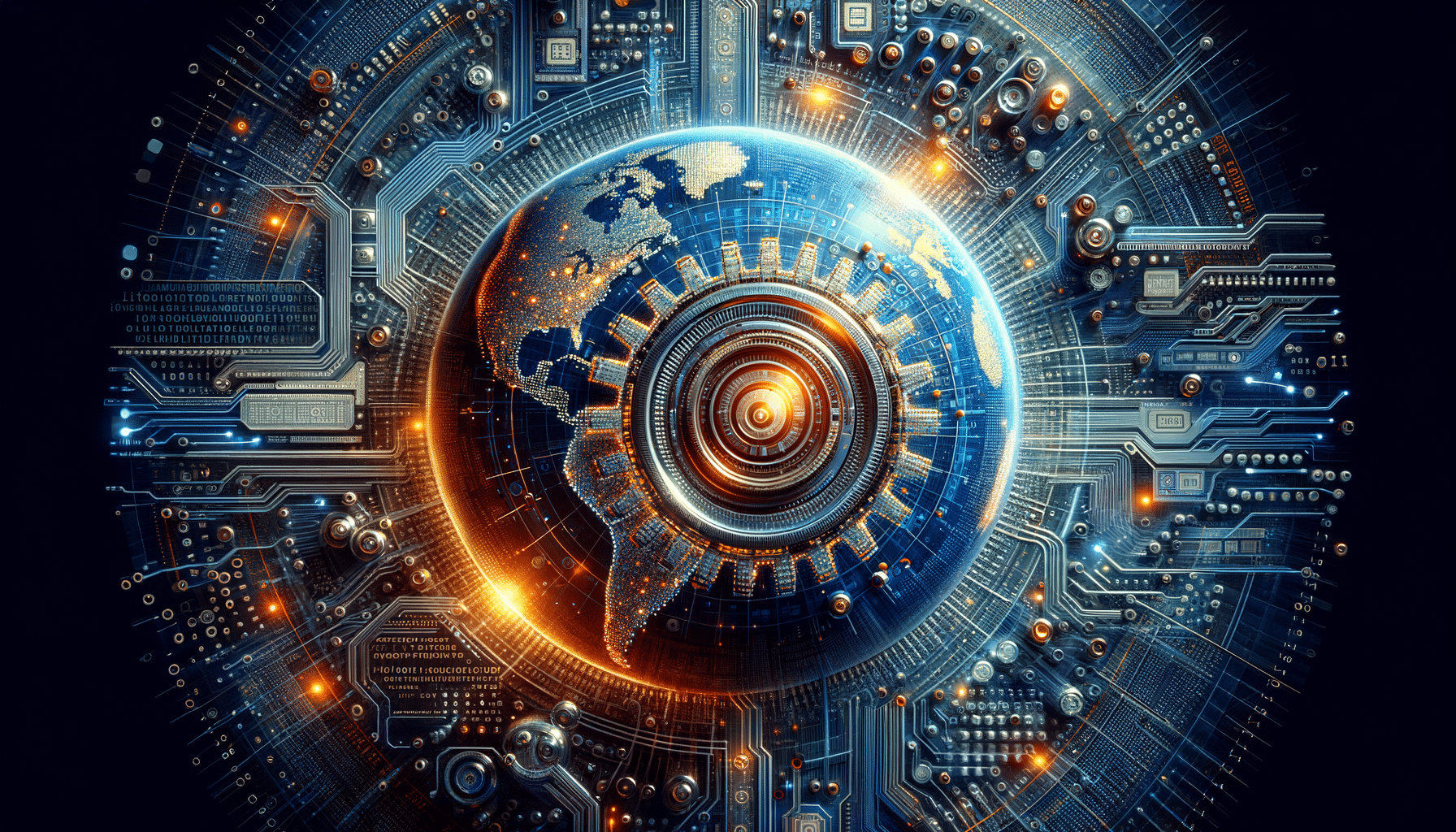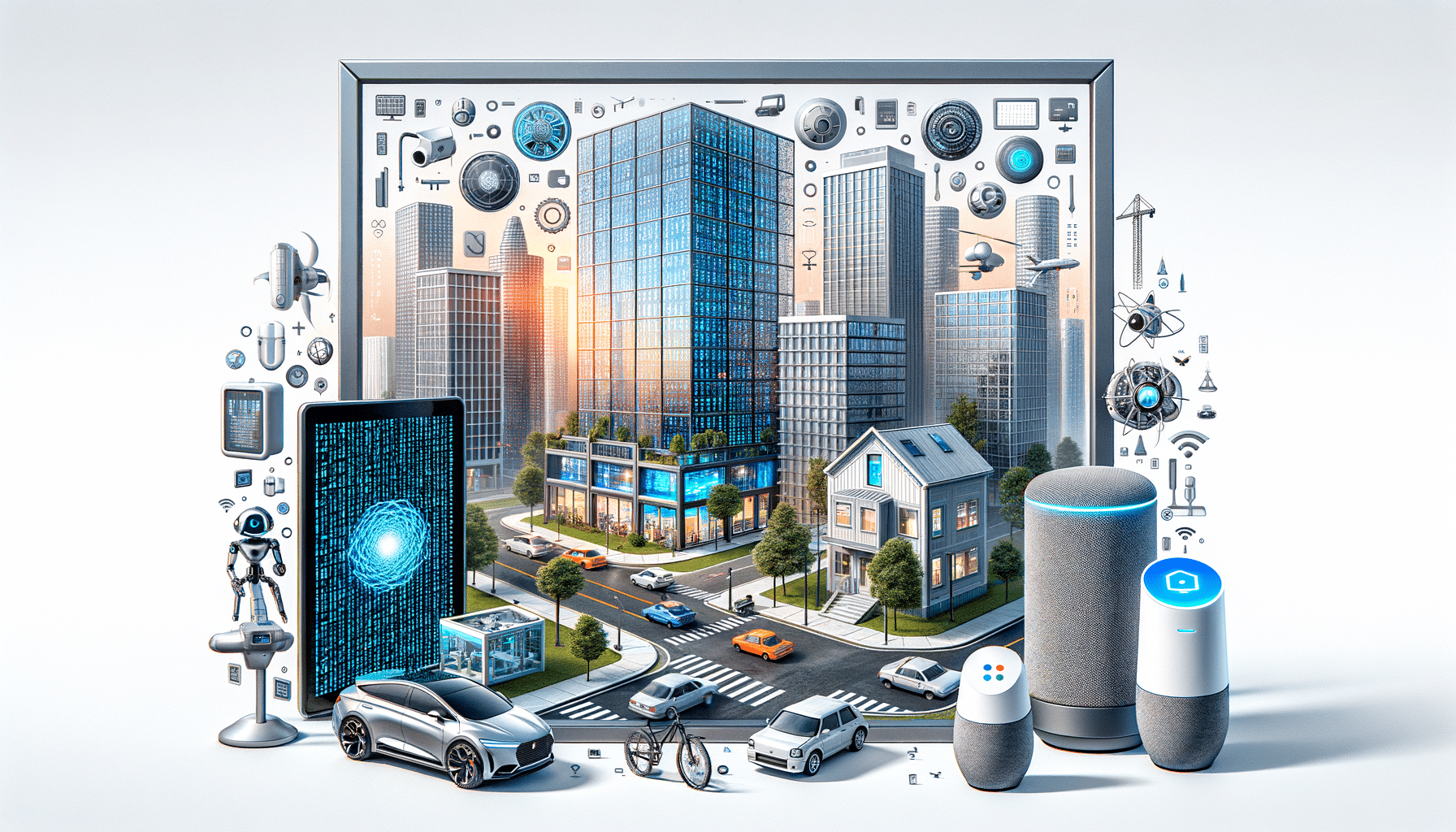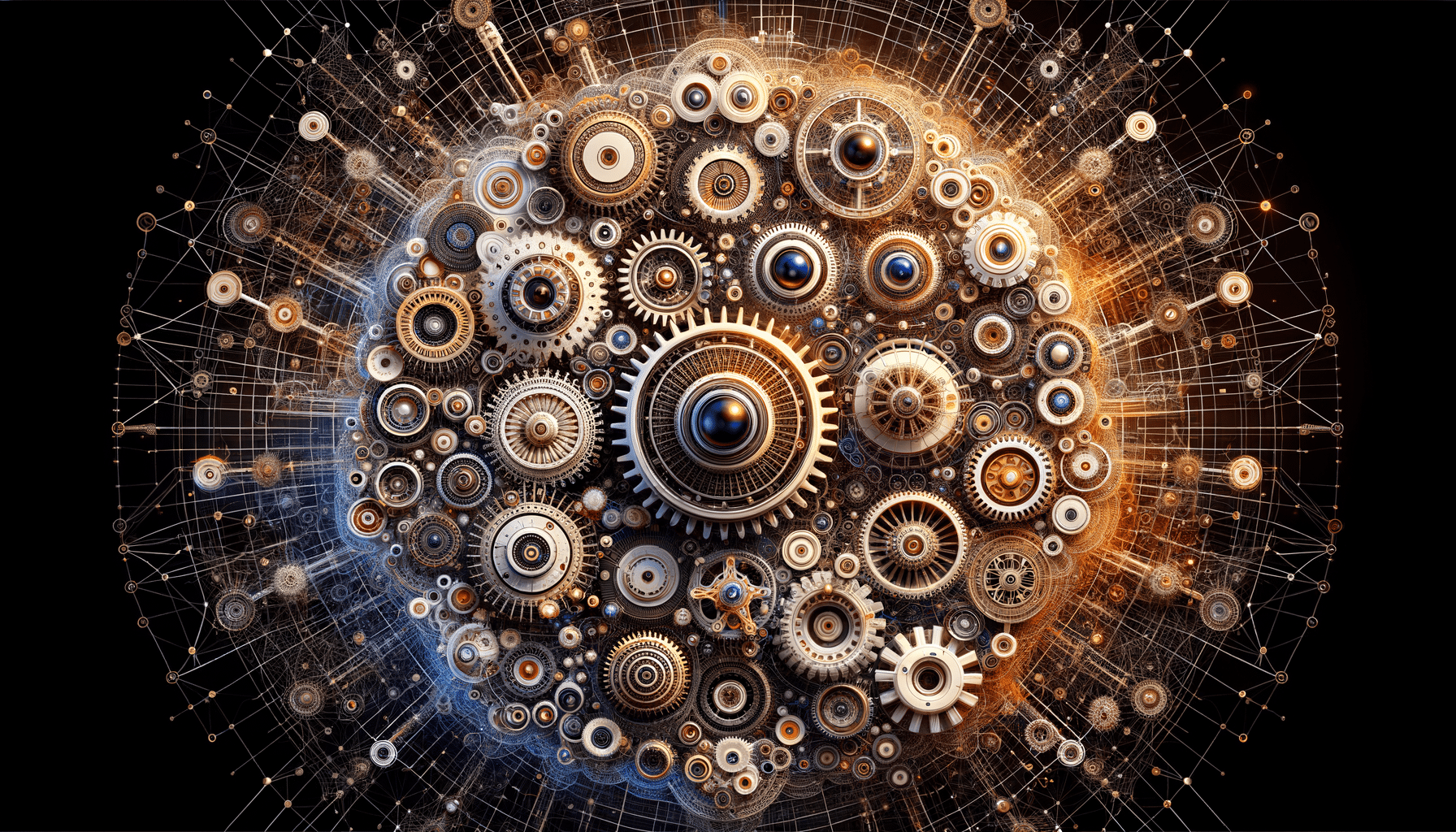
Exploring the World of IoT Devices
Introduction to IoT Devices
In today’s interconnected world, the phrase “Internet of Things” (IoT) is more than just a buzzword; it represents a revolutionary shift in how we interact with technology. IoT devices are embedded with sensors, software, and other technologies that enable them to connect and exchange data with other devices and systems over the internet. This connectivity is transforming numerous aspects of everyday life, from smart homes to industrial automation.
The significance of IoT devices lies in their ability to provide real-time data and insights, enhancing efficiency and decision-making processes. As these devices become more integrated into our daily routines, they offer unprecedented convenience and control. Understanding the role and potential of IoT devices is crucial as they continue to shape the future of technology.
Applications of IoT Devices in Daily Life
IoT devices have found their way into various facets of daily life, offering solutions that enhance convenience and efficiency. In smart homes, IoT devices such as thermostats, security cameras, and lighting systems can be controlled remotely, providing homeowners with enhanced security and energy management. These devices learn user preferences over time, optimizing settings to suit individual lifestyles.
In healthcare, IoT devices are making significant strides. Wearable health monitors track vital signs and activity levels, providing users and healthcare providers with valuable health data. This continuous monitoring can lead to early detection of potential health issues, ultimately improving patient outcomes.
Transportation is another sector benefiting from IoT technology. Connected vehicles offer features such as real-time traffic updates, predictive maintenance alerts, and enhanced navigation systems. These advancements contribute to safer and more efficient travel experiences.
IoT in Industrial and Commercial Sectors
The industrial and commercial sectors are experiencing a transformation due to the integration of IoT devices. In manufacturing, IoT-enabled machines and equipment facilitate predictive maintenance, reducing downtime and increasing productivity. These devices also enable real-time monitoring of production processes, ensuring quality control and efficiency.
In agriculture, IoT devices are used to monitor soil conditions, weather patterns, and crop health. This data-driven approach allows farmers to make informed decisions, optimizing resource use and enhancing crop yields. Additionally, IoT technology in supply chain management improves tracking and logistics, ensuring timely delivery of goods.
Retailers are also leveraging IoT devices to enhance customer experiences. Smart shelves and inventory management systems provide real-time data on stock levels, ensuring that products are available when customers need them. Personalized marketing strategies can be implemented based on consumer behavior data collected through IoT devices.
Challenges and Considerations in IoT Implementation
Despite the numerous benefits, implementing IoT devices comes with its challenges. Security is a major concern, as these devices can be vulnerable to cyber-attacks. Ensuring robust security measures and regular updates is essential to protect sensitive data and maintain user trust.
Interoperability between different IoT devices and platforms is another challenge. Standardization efforts are underway, but the diversity of devices and manufacturers can complicate seamless integration. This can lead to compatibility issues, hindering the full potential of IoT ecosystems.
Additionally, the sheer volume of data generated by IoT devices presents challenges in terms of data storage and analysis. Efficient data management solutions are necessary to handle the influx of information and extract meaningful insights.
The Future of IoT Devices
The future of IoT devices is promising, with advancements in artificial intelligence and machine learning driving further innovation. As these technologies mature, IoT devices will become even more intuitive and capable of making autonomous decisions based on real-time data.
5G technology is expected to enhance the capabilities of IoT devices, providing faster and more reliable connectivity. This will enable the development of new applications and services, further integrating IoT into various aspects of life and industry.
As the IoT landscape evolves, ethical considerations regarding data privacy and usage will become increasingly important. Balancing technological advancement with ethical responsibility will be crucial in ensuring that IoT devices continue to benefit society as a whole.


